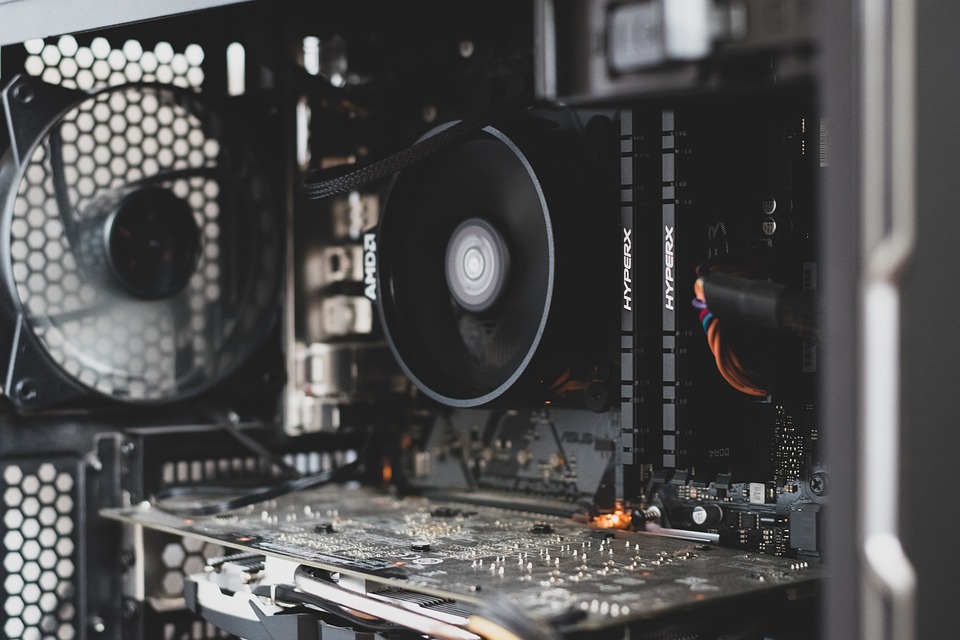Building your own gaming PC can be one of the most rewarding decisions for any gamer. Not only does it allow you to customize your setup to your specific needs, but it also often results in better performance and value compared to pre-built options. One of the most crucial components you’ll need to select is the CPU, or Central Processing Unit. This article will guide you through the important aspects of CPUs to consider when building your gaming rig.
Understanding the CPU’s Role
The CPU, often referred to as the brain of your computer, handles instructions from both hardware and software. It processes the game logic, runs calculations, and manages input/output operations. Therefore, your choice of CPU can significantly influence your gaming performance and overall experience.
Key Factors to Consider
1. Core Count and Threads
Modern CPUs come with multiple cores and threads:
-
Cores: Each core can handle its own tasks independently, so more cores typically mean better multitasking capabilities. Most gaming CPUs now come with at least four cores, but six to eight cores are ideal for high-performance gaming.
- Threads: Hyper-Threading (Intel) or Simultaneous Multi-Threading (AMD) allow a single core to handle two threads, improving efficiency. For gaming, CPUs with higher core counts and threads can better manage demanding tasks, especially if you multitask or stream.
2. Clock Speed
The clock speed, measured in GHz, indicates how fast the CPU can process information. While higher clock speeds can improve performance, it’s essential to balance this with the CPU’s architecture—sometimes, a CPU with a lower clock speed but more efficient cores can outperform a higher clock speed processor.
3. Architecture and Generation
Both Intel and AMD release new CPU generations regularly, with each new generation typically offering improvements in performance and efficiency.
-
Intel: Known for its strong single-core performance, which can be beneficial for gaming. Look for the latest generations (like the Intel Core i5 and i7), which provide the best balance for gamers.
- AMD: Ryzen processors are well-regarded for their multi-core performance and value. The Ryzen 5 and Ryzen 7 series are excellent choices for gaming setups due to their competitive pricing and impressive performance.
4. Compatibility
Ensure that your chosen CPU is compatible with your motherboard. Consider the following:
-
Socket Type: Intel CPUs often use LGA socket types, while AMD uses AM4. Make sure your motherboard has the correct socket for your CPU.
- Chipset: Different chipsets support different features and performance levels, impacting things like overclocking and RAM support.
5. Cooling Solutions
CPUs generate heat during operation, so a reliable cooling solution is essential. Consider whether you’ll go with air cooling or liquid cooling:
-
Air Cooling: Generally less expensive, easier to install, and requires no maintenance.
- Liquid Cooling: Provides superior cooling for overclocked CPUs and allows for quieter operation but can be more complex and costly.
6. Budget
Your budget will play a significant role in your CPU choice. High-end CPUs can be very expensive, but many mid-range options offer excellent performance without breaking the bank. Always weigh the cost versus performance to find the best fit for your needs.
7. Brand Preferences
While Intel and AMD are the two primary players in the CPU market, each has its strengths and weaknesses. Some gamers prefer Intel for its gaming performance, while others swear by AMD for its better price-to-performance ratio. It often boils down to personal preference and specific use cases.
Conclusion
Choosing the right CPU is critical when building your gaming PC. It affects not only your gaming experience but also your system’s overall performance and longevity. By considering the core count, clock speed, architecture, compatibility, cooling solutions, budget, and brand preferences, you’ll be well-equipped to make an informed decision.
Happy building, and enjoy your gaming journey!


